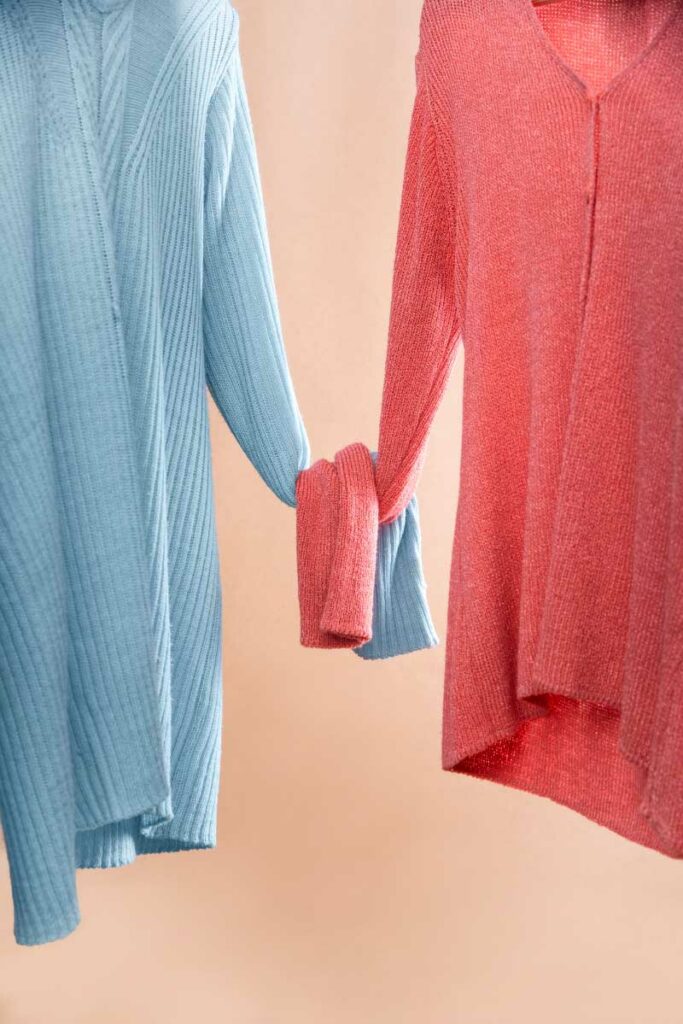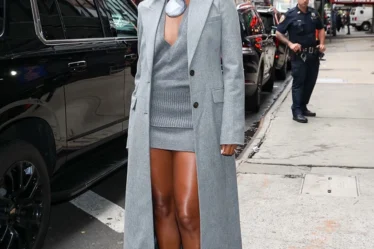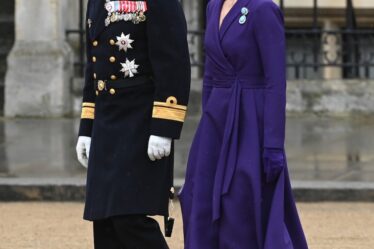
Are you aware of the differences between fast fashion and ethically made clothing? For many people, shopping for stylish clothes often means sacrificing ethics. But it doesn’t have to be that way, with more conscious shoppers becoming aware of the impacts of their purchases; there are now countless options for finding chic styles that don’t compromise ethical values.
In this blog post, we’ll unpack what sets fast fashion and ethically made garments apart, so whether you’re looking to update your wardrobe without compromising on your beliefs or want to learn more about how different types of clothing are produced and sold, read on.
Defining Fast Fashion
Fast fashion is a term used to describe a trend in the fashion industry that blends runway styles with affordable prices, allowing consumers to quickly and easily replicate high-end looks at a fraction of the cost.
Rapid clothing and accessories production means corners are cut, like fair wages for factory workers or the environmental effects. But it comes at a price. Not only is fast fashion production often exploitative, but because of the sheer volume of clothing produced, it could be better for the planet.
So, next time you’re tempted to pick up a super cute, affordable outfit from your favorite fast fashion retailer, you may think twice.
Ethically Made Clothing
When it comes to clothing, you might have heard the term “ethically made clothing” thrown around quite a bit. But what exactly does it mean? Ethical clothing is made under fair and safe working conditions, focusing on sustainability and social responsibility.
This means the workers who made the clothing were paid relatively, had safe working conditions, and were not exploited. Ethically made clothing also considers the environmental impact of the materials, the manufacturing process, and the entire supply chain.
When you purchase ethically made clothing, like UpWest women’s tees, shirts, or tanks, you can feel good knowing that you’re not only getting a great quality garment but supporting a movement towards more ethical and sustainable fashion practices.
How Fast Fashion Increases Waste and Pollution
Did you know that the fashion industry is one of the significant contributors to waste and pollution? With the rise of fast fashion, clothing production has become quicker and cheaper.
Fast fashion encourages consumers to buy more clothes, wear them less, and dispose of them more quickly. However, this comes at a cost to our environment. As a result, more clothing is in landfills, which can take decades to decompose.
Additionally, producing synthetic materials for fast fashion requires immense energy and resources, leading to further pollution. We must start thinking about the impact of our clothing choices and make more sustainable fashion choices to minimize waste and pollution.
Benefits of Investing in Ethically Made Clothing
When buying clothes like UpWest women’s tees or men’s shirts, getting swept up in the latest trends and affordable prices is easy. However, it’s important to consider our purchases’ impact on the world.
Investing in ethically made clothing has numerous benefits, from reducing environmental damage to improving working conditions for garment workers. Choosing sustainable clothes produced in safe and fair conditions makes us feel good about supporting a responsible industry.
Additionally, ethically made clothing like UpWest women’s tees and tanks or men’s shirts and pants tend to be higher quality, meaning it lasts longer and saves us money in the long run. So, next time you shop for clothes, consider the benefits of investing in ethically made options.
Tips For Finding Quality, Sustainable Brands
In today’s world, more and more people are looking for ways to make sustainable choices, including the brands we buy from. But sometimes, it can be tough to figure out which brands are truly eco-friendly and which are just greenwashing.
First, do your research. Look into brands that prioritize sustainability and ethical practices. Check out their website, social media accounts, and reviews from other customers. Second, read labels and pay attention to materials. Look for products made from natural, eco-friendly materials like organic cotton, bamboo, or recycled plastics. Finally, feel free to ask questions.
By taking these steps, you’ll be well on your way to finding quality, sustainable brands that align with your values.
Avoiding Cheap Prices That Don’t Last
We’ve all been there before, tempted by a ridiculously cheap deal that seems too good to pass up. But before you pull out your wallet, ask yourself: “will this last?” Sure, it may seem like a steal, but if the item falls apart or breaks shortly after you purchase it, was it worth the money saved? Not to mention the frustration of replacing the item or shelling out more money for repairs.
Regarding shopping, it’s important to remember that the cheapest option is sometimes the best. Investing in quality products built to last, even if they cost a bit more upfront, is worth it. Your wallet and sanity will thank you in the long run.
Why Ethical Shopping is the Future of the Fashion Industry
Looking good and feeling good in your UpWest women’s tees shouldn’t come at a cost to the environment or the people involved in making them. The fashion industry has historically been one of the biggest perpetrators of unsustainable and unethical practices, from using harmful chemicals to exploiting cheap labor.
However, there is a growing movement towards ethical shopping, which involves choosing brands and products that prioritize fair labor practices, eco-friendly materials, and transparency in their supply chains.
By supporting these companies, we can help to create a more sustainable and just fashion industry where everyone, from the workers to the consumers, can feel good about their choices. The future of fashion is ethical, and it’s up to us to make it happen.
Fast Fashion vs. Ethically Made Clothing – In Conclusion
Ethically made clothing supports sustainable values and businesses that often employ people in the local community or fair trade international workers. Consider what environmental and ethical standards are important to you when purchasing clothes. Above all, think before you shop.
The fashion industry has long been plagued with issues of morality and sustainability; it’s time to take action by looking behind the labels and being conscious of where our clothes come from when buying new items.
Consider not just what works for your wallet but also for everyone involved in the production process, be sure that your purchase enriches someone’s life, not takes away from it; let’s strive together for ethical purchasing practices. Buy ethically made clothing today.



